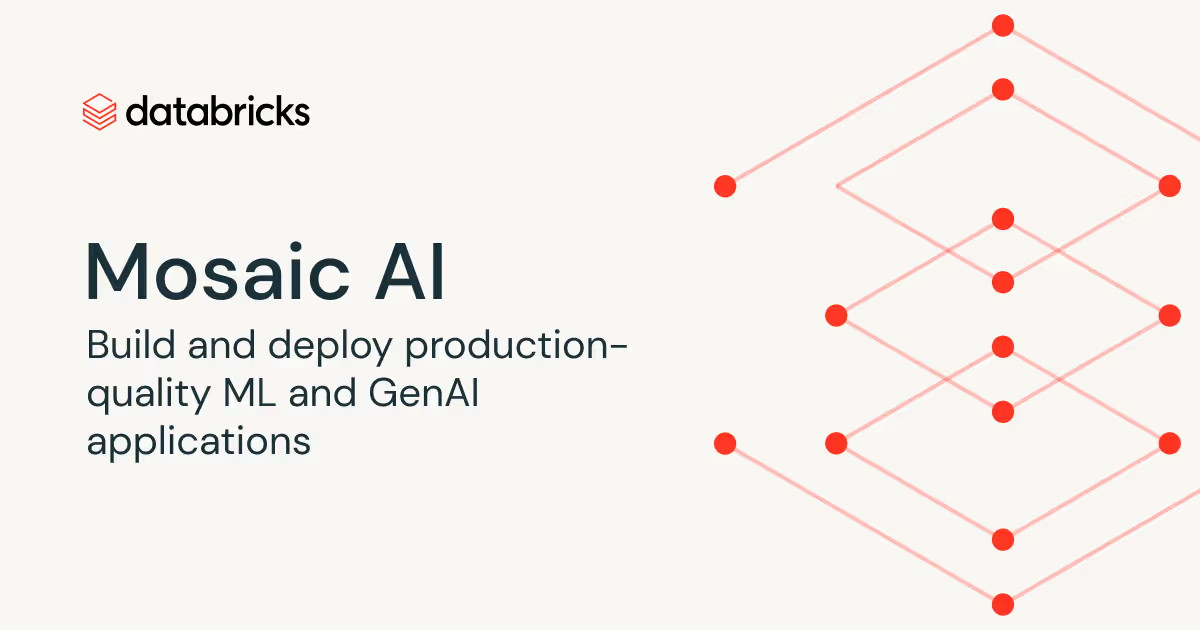
Databricks envisions a future where data serves as the backbone for transformative decision-making, seamlessly integrating AI to unlock insights across every industry. By unifying data lakes and warehouses within a singular, robust lakehouse architecture, we are pioneering a new frontier of data intelligence.
Our mission is to democratize the power of data and AI, empowering organizations of all sizes to build, deploy, and operationalize cutting-edge data analytics and machine learning solutions at unprecedented scale. Rooted in the spirit of open innovation, we champion technologies that enable transparency, reliability, and agility in data-driven endeavors.
We are committed to crafting a future where data-driven enterprises harness seamless intelligence and innovation, fueling progress that resonates beyond technology to touch human potential and business resilience worldwide.
Our Review
We've been watching Databricks since its early days, and honestly, it's one of those rare companies that actually lived up to the hype. When seven Berkeley PhD students decided to commercialize Apache Spark back in 2013, we weren't sure if academic brilliance would translate to enterprise success. Spoiler alert: it did.
What caught our attention wasn't just the technology—it was how they tackled one of data's most frustrating problems. For years, companies were stuck choosing between data lakes (cheap but messy) and data warehouses (clean but expensive). Databricks said "why choose?" and built the lakehouse architecture that gives you both.
The Academic Advantage That Actually Worked
Here's what we find fascinating: most university spinoffs struggle to scale beyond their research roots. Not Databricks. The fact that they literally created Apache Spark gives them credibility that money can't buy. When your CTO (Matei Zaharia) invented the core technology, customers tend to listen.
We've seen this team consistently push boundaries—from setting world records in data sorting to making machine learning accessible through MLflow. It's rare to find a company where the founders are still deeply technical and driving innovation at this scale.
What Impressed Us Most
The Unity Catalog deserves special mention. Data governance sounds boring until you realize it's the difference between useful insights and compliance nightmares. Databricks built this as a unified layer that actually makes sense—tracking data lineage, managing access, and keeping auditors happy without slowing down your data scientists.
We're also impressed by their open-source commitment. While competitors lock you into proprietary formats, Databricks keeps contributing to Apache Spark, Delta Lake, and MLflow. It's a smart long-term play that builds trust and reduces vendor lock-in fears.
Who This Really Works For
Databricks shines brightest with organizations that have complex data workflows and serious AI ambitions. If you're a Fortune 500 company juggling multiple data sources and trying to democratize analytics across teams, this platform makes sense. Companies like Shell and Comcast didn't choose Databricks for simple reporting—they chose it for transformation.
The $38 billion valuation tells its own story. When enterprise customers are willing to bet their data infrastructure on your platform, and VCs keep writing bigger checks, you're probably onto something significant.
Feature
Unified Data Lakehouse architecture combining data lakes and warehouses
Apache Spark for large-scale data processing
Delta Lake for data reliability and consistency
MLflow for managing the ML lifecycle
Unity Catalog for data governance and cataloging








